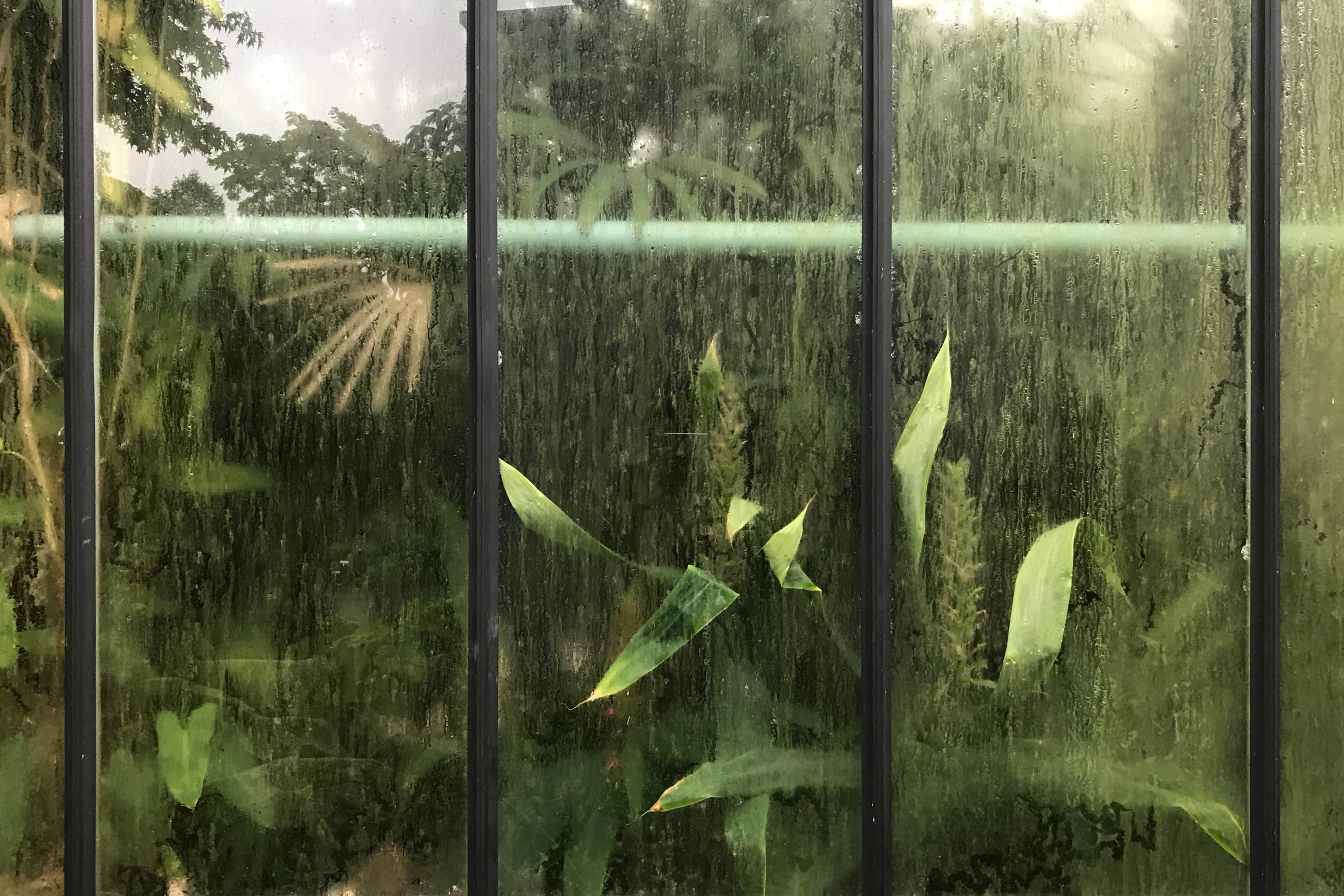HotHouse is a project founded in 2018 by Giovanna Repetto which, stemming from her landscape-related research, ponders over the potential and limits of tamed nature.
The project revolves around the structure of botanical gardens, with a focus on greenhouses as keepers and symbols of the highest expression of what is artificial and of its rush to imitate what is real. Such architectures have, in fact, made it possible for hybrid landscapes to be born, carrying flora from different climates in a shared space: small natural enclaves inside our cities, delicate and independent ecosystems kept alive by botanists, gardeners, and machines.
HotHouse develops itself starting from the characteristics of the site hosting it: the botanical garden; crystalized at first glance, it reveals itself to be constantly and slowly changing, a place of parallel, accelerated evolution and hybridization. The project, then, inserts itself as a platform for artistic research by favouring new ways of communicating and interacting through experimental methodology, transforming the garden in a hub of open interdisciplinary discussion outside of the architectural limitations of greenhouses.
If the spread of botanical gardens has reached such a vast number of urban areas presenting, in each of them, flora that is considered tamed, is it then possible that such atopic landscapes may become in the future the only—and last—traces of landscape archaeology?
Through this project we’d like to, therefore, look at botanical gardens as imaginary landscapes that, via green-houses, allow for the coexistence of tropical, desert-dwelling or alpine specimens only a few centimetres apart from one another. The botanical garden becomes a thresh-old between real and fake, indoors and outdoors, between two worlds that coexist autonomously, isolated from one another through the greenhouse’s architectural structure, which marks the limits of their space, and blocks the passage of time as it takes shape in geographic distances and the changing seasons.
HotHouse is born out of these premises, bringing together contemporary artists to reflect on the themes of artificial nature, dislocation, enclave and grafting inside botanical gardens, whose history can therefore be integrated and interpreted through a new dialectical method; this way, a new vision of the concept of present-day landscape is delivered to the public, one that is a result of its decontextualization, the relationship between man and nature, and the markedly contemporary critical issues that threaten the environment in which we live.
The project is developed through a series of exhibits comprised of temporary installations and performances by artists that open a dialogue with both the gardens and their history, as well as with the researchers and botanists who work inside of them.

Contact
Privacy Policy
Colophon
Founder
Giovanna Repetto